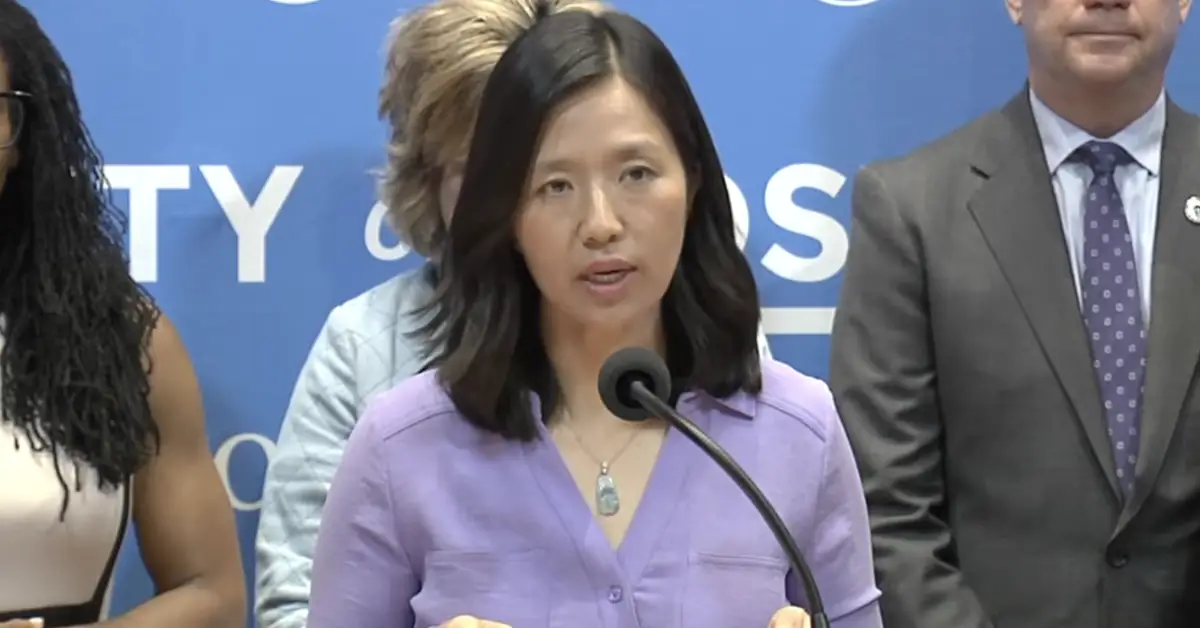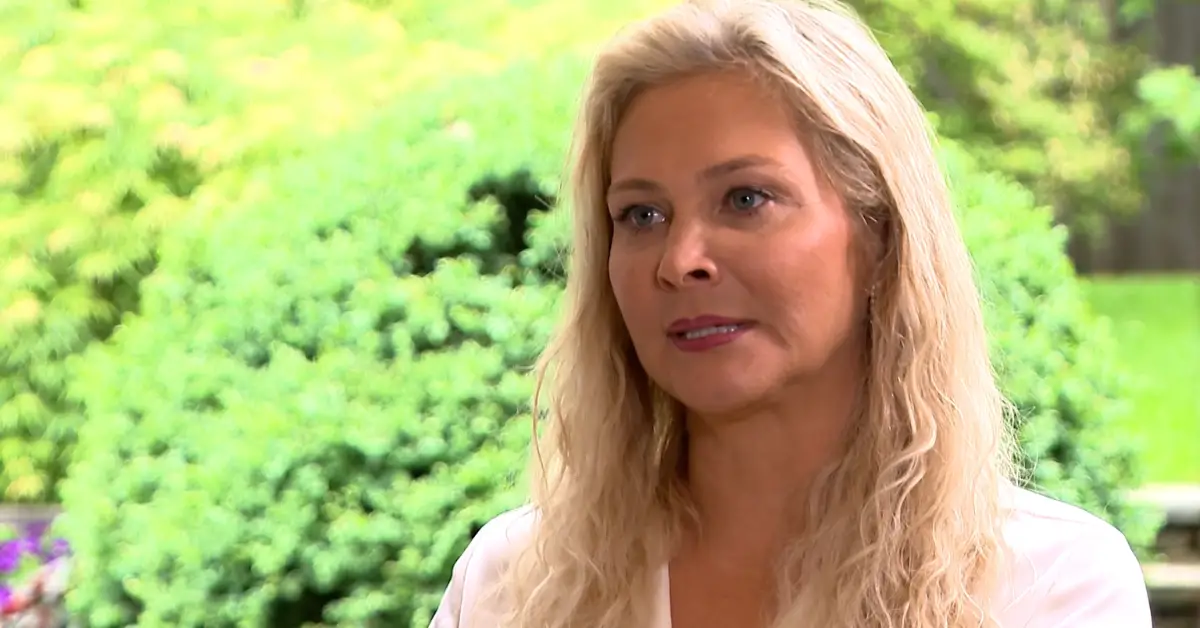Mayor Michelle Wu of Boston has signed an executive order aimed at restricting local law enforcement’s involvement with U.S. Immigration and Customs Enforcement (ICE) actions within the city. This action is seen as a major step in Boston’s efforts to protect immigrant communities, which have been a significant part of the city’s history and identity.
The executive order, which was signed recently, prohibits Boston’s police officers from assisting ICE in enforcing federal immigration laws. It also limits the city’s participation in federal immigration enforcement programs that have been a point of contention in many cities across the United States. Mayor Wu’s decision is aligned with her administration’s commitment to fostering a welcoming and inclusive environment for all of Boston’s residents, regardless of their immigration status.
This executive order specifically targets ICE’s operations, particularly those that involve detaining or deporting individuals who are in the U.S. illegally. The order asserts that the city’s resources should not be used to enforce federal immigration laws, which many see as discriminatory or harsh, especially against undocumented immigrants who are often living and working in the city. By signing this order, Mayor Wu is sending a clear message that Boston will not participate in the federal government’s immigration crackdown.
The decision has been met with mixed reactions. Supporters of the executive order, including local immigrant advocacy groups, argue that it is a necessary step to protect vulnerable communities from being torn apart by deportations. They assert that this executive order will help immigrants feel safer in their homes, workplaces, and communities.
These advocates believe that immigrants, especially those living in the U.S. without legal status, should not live in constant fear of being detained by ICE officers. They argue that the city should prioritize the protection of its residents and focus on keeping families together rather than participating in federal actions that they feel disproportionately affect immigrant communities.
On the other hand, critics of the executive order argue that it could undermine the rule of law and complicate efforts to combat illegal immigration. They claim that by limiting cooperation with ICE, the city could be hindering federal efforts to enforce immigration laws that are designed to protect national security and ensure the integrity of the immigration system. These critics also argue that the order may create confusion among law enforcement officers, who could be unsure about when to cooperate with federal authorities in cases that involve illegal immigrants.

While the order prohibits police officers from working directly with ICE, it does not prevent officers from responding to federal requests for information or cooperating in cases where a person has been convicted of serious crimes. The balance in this executive order seems to be aimed at ensuring that law enforcement remains focused on local public safety issues, while avoiding involvement in federal immigration enforcement that might target individuals for their immigration status alone.
Mayor Wu’s executive order reflects a broader trend among major cities in the U.S. that have adopted sanctuary policies in an effort to limit local government involvement in federal immigration enforcement. Cities such as San Francisco, Chicago, and New York have implemented similar policies, arguing that such policies help build trust between law enforcement and immigrant communities. In these cities, advocates for sanctuary policies argue that immigrants are more likely to cooperate with police if they do not fear being turned over to ICE.
The mayor’s office has also highlighted that this executive order will enhance community trust. It is aimed at ensuring that all residents of Boston, regardless of their immigration status, feel comfortable reporting crimes, participating in city programs, and accessing city services without the fear of being deported or detained by federal authorities.
The timing of the order comes as national debates over immigration policy continue to evolve. With the Biden administration pushing for immigration reforms that would provide a pathway to citizenship for millions of undocumented immigrants, the tension between local governments and federal authorities over immigration enforcement continues to grow. Some local leaders, like Mayor Wu, argue that cities should have the right to decide how to handle immigration enforcement in a way that reflects their values and priorities.
This decision also reflects the changing political landscape in Boston, which has become more progressive in recent years. With Mayor Wu taking a strong stance on immigrant rights, the city has positioned itself as a leader in the movement for immigrant justice and protection. The executive order is seen by many as an indication of Boston’s commitment to being a sanctuary city that values the contributions of immigrants to the city’s growth and development.
As the debate over immigration continues, Mayor Wu’s executive order will likely be viewed as a critical example of how local governments can resist federal immigration policies that they view as harmful to their communities. The order has sparked important conversations around the role of cities in shaping immigration enforcement practices and whether local governments should be forced to comply with federal immigration laws.
For now, the impact of this executive order will be closely monitored by both supporters and critics, as it sets a precedent for other cities grappling with similar immigration enforcement challenges. In the coming months, it will become clearer how the order will affect the relationship between local law enforcement and federal immigration authorities. It may also inspire other cities to take similar actions to protect their immigrant populations and assert their autonomy over local law enforcement practices.




